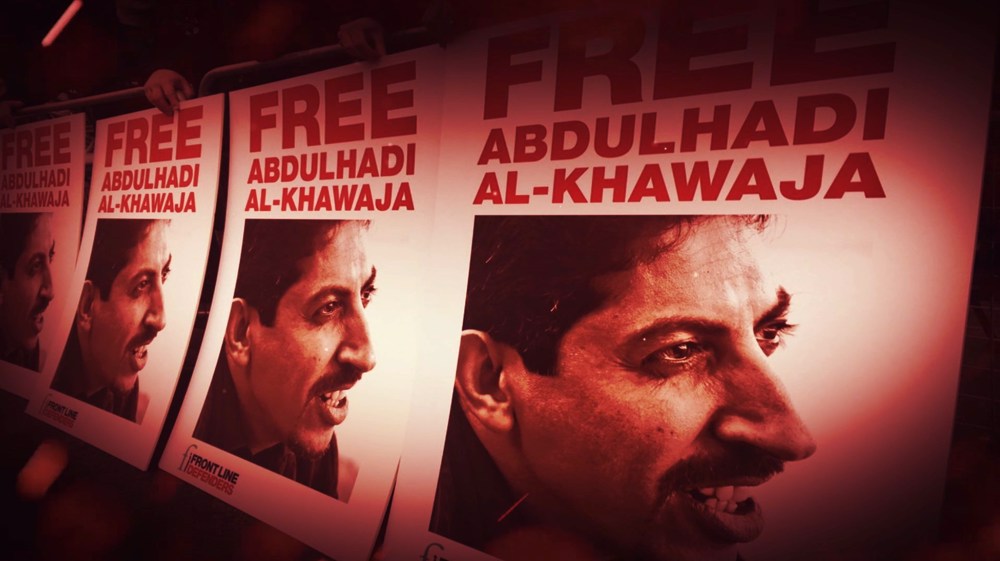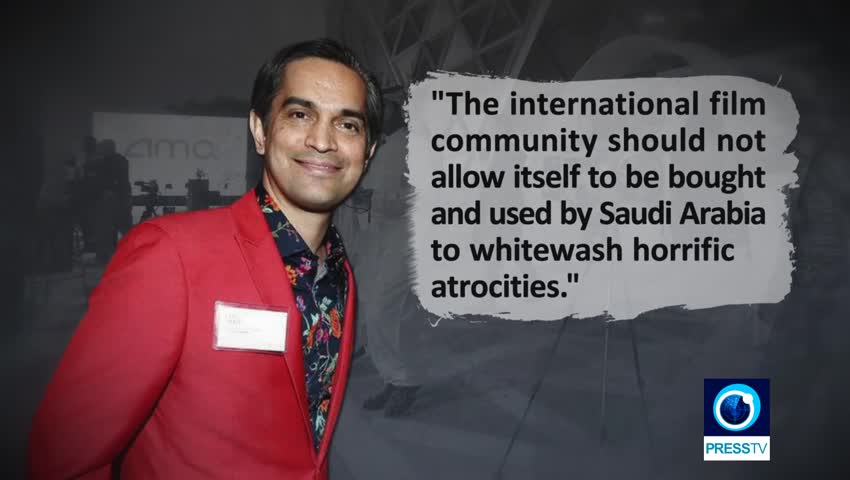UAE buying Palestinians’ lands
According to Kamal Khatib, the deputy head of the northern branch of the Islamic Movement, Emirati companies have been purchasing plots of Palestinian land in occupied East Jerusalem and then transferring their ownership to Israelis.
Those firms that buy the properties have offices in both the United Arab Emirates and the occupied territories.The houses located around the al-Aqsa Mosque compound are now owned by Israeli settlers, who have been raiding the holy site.
Emirati businessman active on this field are affiliated with exiled former Fatah strongman Mohammed Dahlan and close aide of Muhammad bin Zayed.
The purchase of property in Jerusalem have always been a highly contentious issue. UAE is doing so as part of a scheme agreed with Israel, as pressure is exerted on the Palestinians to accept a deal on Jerusalem that would include accepting to relocate their capital to Abu Dis east of the city.
Getting permission to build a home in Jerusalem is nearly impossible. There is little land allocated for construction and Israeli authorities usually deny Palestinian applications for building permits. Palestinians are often forced to build their homes "illegally", without permits. that would not be the case for settlers.
In recent years, Jerusalemite homeowners started turning to the governorate for Palestinian intelligence clearance on potential buyers, hoping to keep their homes away from settlers. But settlers continue to move into Palestinian neighbourhoods all over the city, where their presence becomes a fact on the ground that complicates any future negotiations on East Jerusalem, the intended capital of a future Palestinian state.
In 2014, during East Jerusalems largest influx of Jewish settlers in two decades, 35 apartments and houses in Silwan, which is a densely populated Palestinian neighborhood on the outskirts of the Old City of Jerusalem, ended up in settlers hands. UAE's hand could also be seen then.
Using such tactics as house demolitions and withdrawal of residency permits, Israel has changed the demographic makeup of East Jerusalem from being nearly 100 percent Palestinian in 1967 to a 63 percent Jewish majority in the city today.
The change has accelerated over the past 10 years; in 2008, Jews made up less than half of the population. The vast majority of the properties sold to Jewish institutions have been made by fraudulent or deceptive means, sometimes using intermediaries or straw men to fool Palestinians into thinking that their homes will still be in safe hands. Occasionally, imposters who pose as the homeowners have been used.
Parl. speaker: Iran won’t be swayed by Israel’s ‘delusional’ rhetoric
Extremist Israeli minister orders closure of al-Quds Fund and Endowment office
British firm supplying engines for Israel's killer drones: Report
VIDEO | Muscat negotiations, Yemen missiles
Canada should ‘never forget’ US betrayal; old relations ‘over’: New PM
Hamas welcomes ICJ hearings on Israel’s humanitarian obligations towards Palestinians
Biden officials refrained from exerting pressure on Israel for Gaza ceasefire: Report
Sheikh Qassem: Hezbollah fully committed to ceasefire despite Israeli violations









 This makes it easy to access the Press TV website
This makes it easy to access the Press TV website